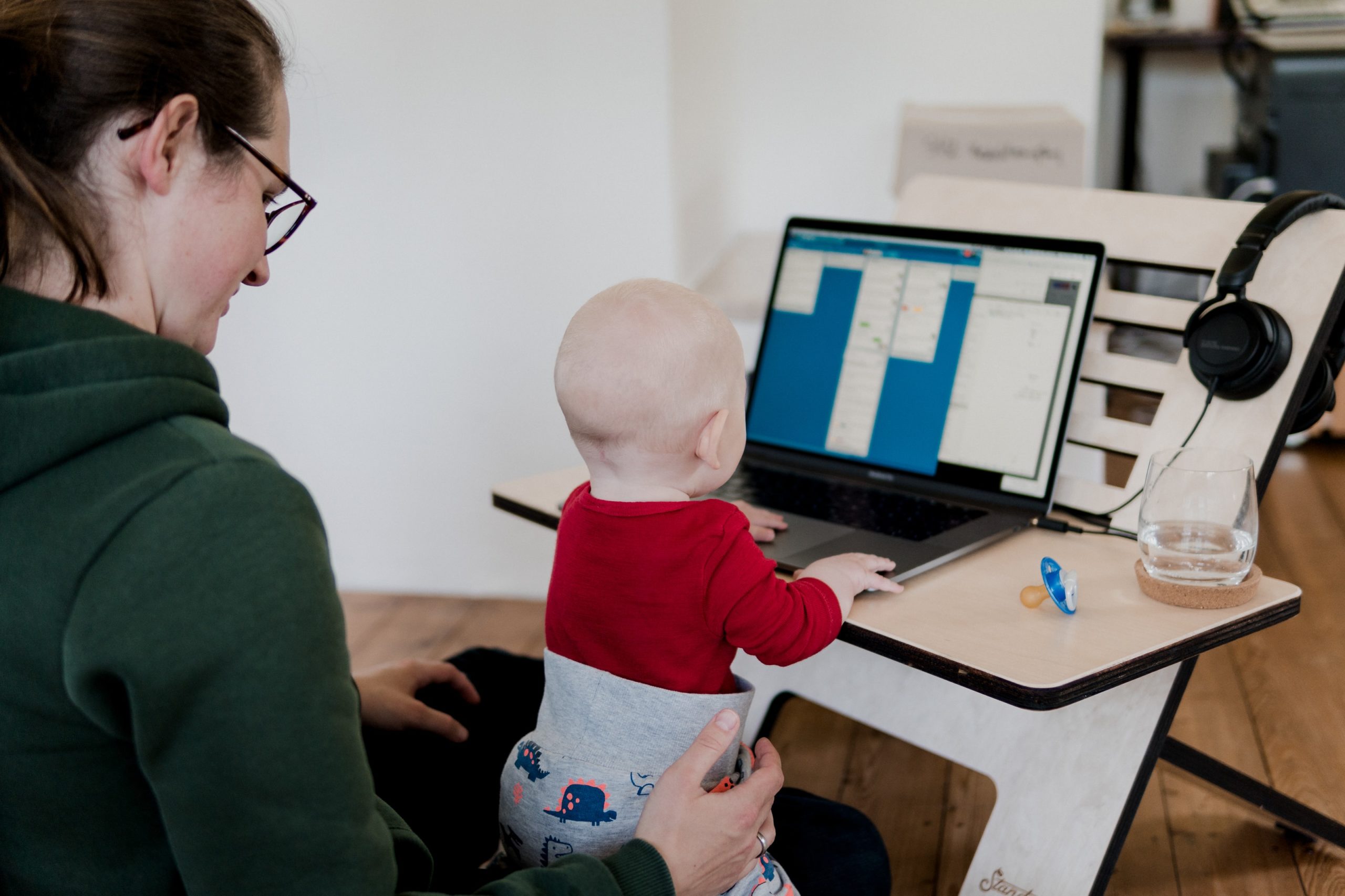Millennial Says WFH Will Never Become the New Working Norm

Since the beginning of the pandemic we are constantly bombarded with new predictions and scenarios of what the future will look like. Will open-plan offices still exist after the pandemic, when are we able to return to the office (RTO) or what skills our organization needs to be future proof, have all been frequent questions. The reality however is, no one truly knows what’s going to happen. Currently, the debate is whether working from home (WFH) will become the new working norm and to what extent we will need the office environment for our work.

Our perspective on working from home has changed
WFH had a dubious reputation and was often associated with laziness and unproductivity. It was however the main form of work during the large part of 2020, which will likely continue during Q1 and Q2 of 2021 as corona vaccines are rolled out globally. In fact, industry studies show that most employees enjoyed working from home. Many feel more productive and enjoy a better work-life balance.
The appreciation of working from home however differs largely among the generations. For myself and many other millennials, working from home has been a nightmare. There simply isn’t that clear division between private life and work life anymore. In fact, I feel less productive and motivated to do my work at home, since my ‘normal’ working rhythm is gone. Additionally, the facilities and the social interaction at work make it an ideal working environment for me, that has almost completely fallen away during the pandemic.
The problems with WFH studies and reporting
While employees have mostly enjoyed WFH, the psychological and mental aspects of prolonged working from home have rarely been explored. One of the few studies to do so was done by Nick Bloom in 2012, analyzing roughly 1,000 Chineses travel organization (Ctrip) employees who volunteered to work from home for a longer period of time. The study showed an increase of productivity by 13% and a reduction in employee turnover by 50%. After nine month the study was stopped and Ctrip performed a company wide rollout of working at home, after witnessing increased employee performance. The employees who initially volunteered to work 4-5 days per week from home, complained about social isolation and missing the human connection of their work and as a result significantly decreased their WFH days again.
Bloom explains that while productivity and employee turnover might have increased and decreased respectively, creativity and innovation are fostered by social contact. With less discussions and idea sharing, employees are less inspired. The preferences for WFH and working at the office are also highly unique to each individual, some employees are extremely productive at home, while others need the office environment to efficiently complete their work.
Based on these ideas we have identified three scenarios in regards to WFH following the pandemic:
Returning to the working environment pre-Covid, with very limited WFH
2-3 days per week working from home
Most days working from home
In the coming weeks we will discuss these WFH scenario’s with Facility Managers of our enterprise clients. We’ll discuss their findings and whether WFH will be the new working norm in an upcoming blog post.



